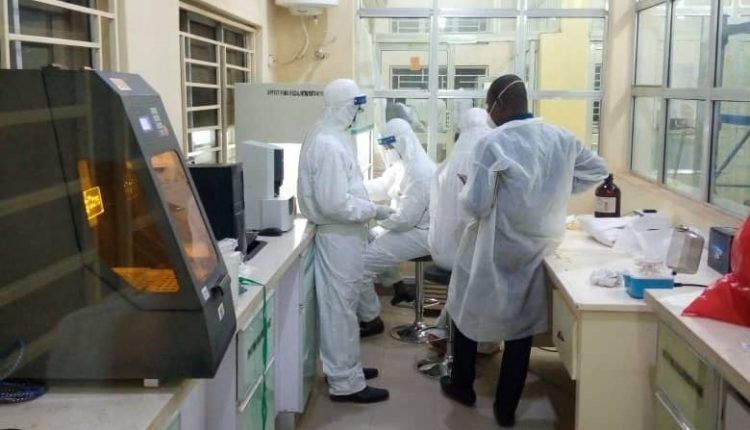In a bid to build the capacity of journalists on factual reporting for coronavirus, Nigeria Centre for Disease Control (NCDC) at the weekend organized a virtual training to strengthen risk communication ability among health reporters and to help them deliver contents for informed decisions.
Nigeria has over 12000 confirmed cases of the virus and has recorded 342 deaths while 3826 have recovered and discharged, according to latest figures from NCDC. The index case was confirmed on 27 February, 2020.
Organised in conjunction with the federal ministry of health and Breakthrough Action-Nigeria, a Non Government Organisatiion (NGO), the virtual training drew journalists from the electronic, print and social medial platforms.
In his presentation on factual reporting: managing infodemics, Allwell Okpi of Africa Check noted that as medical experts and government agencies fight the spread of COVID-19, journalists have a vital role to play in the fight against the spread of fake news.
According to him, it is important to fact-check and verify information during the pandemic by pausing, asking questions, “does this content make me scared or angry” and “thinking about why the information might have been created and shared.”
Be very careful if there is no source, compare information you want to share against information from trusted and official sources,’’ he stated.
He identified scams, hoaxes and fabrications, conspiracy theories, manipulated or doctored contents as well as mislabeled contents as some of the misinformation types available on the social media and beyond.
Others according to him include, bad journalism, incorrect claims by public figure, false news websites and imposter content.
In his presentation on framing messages for the media based on outbreak response priorities , Halilu Usman of the US Centre for Disease Control and Prevention advised journalists to take responsibility for collective good adding that in framing media messages, journalists should find out if such messages have the potentials to make people very sick and could kill many others .
“We are not alone, it is a global phenomenon that has devastated other nations, listening to experts’ guidance is key to survival,’’ he said.
According to him, given the country’s circumstances and limited health resources, the best way to mitigate COVID-19 is to stop it from taking a stronghold in our communities adding that taking proactive actions and adhering to advice from public health experts are the keys to survival.
He advised journalists to connect individual responsibilities with collective action by framing COVID-19 as a disease that has both individual and collective threat saying it would “give us the best chance at getting people to change their risky behavior during the crisis.”
While urging media practitioners to focus their messages on giving hope instead of hopelessness by showing that CODID-19 is no death sentence Usman said “there is a significant fear that is driving people with COVID-19 to go underground in addition to stigma and discrimination.”
Eze Eze Ogali of Breakthrough Action, Nigeria in ‘Translating Knowledge Into Action’ noted that the media constitute a significant force in modern culture as they make possible communication exchange and spread of knowledge which is vital as far as societies and cultures are concerned.
According to him, as media practitioners in the time of public health crisis, “we constitute a significant force in helping people make informed decision about their healths.’’
Source:Businessday.ng




